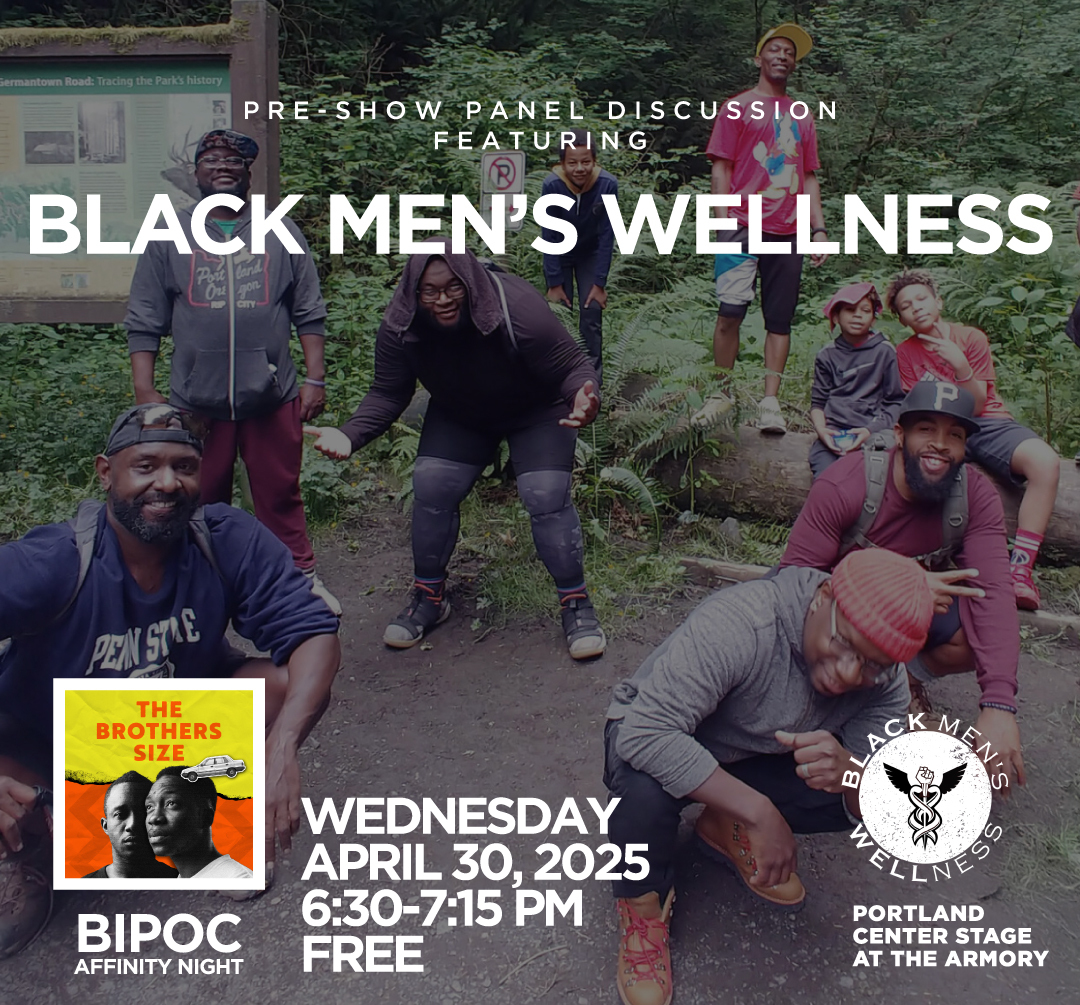Resource Guide for Educators: The Power of Words
The Power of Words:
"The Power of Words is an educational campaign to understand language euphemisms used to describe the Japanese American World War II experience and the preferred terminology that more accurately describes the dire realities of the experience. Members of the Power of Words committee prepared a draft handbook for presentation to the National Council. On July 7, 2012, the National Council unanimously adopted the handbook as presented.
“History is written by the victors” is an old saying. Is it true? What about for those who suffered ‘collateral damage’ as with Japanese Americans during World War II— because they looked like the enemy? As the Nikkei (persons of Japanese ancestry outside Japan) culturally Americanized over the 20th century, were they to be forever burdened with historical accounts of their WWII experience written in euphemistic and misleading vocabulary? It is now time to acknowledge and correct this misleading language of the past and focus on truth and accuracy for the future. The objective here is to suggest vocabulary that facilitates a more accurate understanding of events and actions experienced by the Nikkei during this tragic time."
EVACUATE/EVACUATION The dictionary defines this verb/noun as “the process of temporarily moving people away from an immediate and real danger, such as a fire, flood, shoot-out, or bomb threat” (Merriam-Webster Dictionary, 2011, para. 1). Its usage to describe the forced removal by the federal government of over 110,000 Japanese and Japanese Americans from their homes on the West Coast and Arizona is not accurate. They were not “evacuated” to protect them from a disastrous environment. By using these words, the government only made it seem that these individuals were being “helped.”
RECOMMENDATION: The words forced removal should be used instead—which
more accurately describes the lack of choice provided to Japanese Americans who
were ordered to leave their homes.
Follow here for the full Exploration:
Suspended Justice
by Benjamin Fainstein, PCS Literary Manager
Hold These Truths breathes theatrical life into the true story of Gordon Hirabayashi’s lifelong struggle to obtain justice from the Supreme Court for violations of his civil rights during the Second World War. Following the bombing of Pearl Harbor in December 1941, Japanese Americans encountered extensive discrimination, especially on the West Coast. They faced public scorn and bigotry, were subjected to a restrictive curfew, and were stripped of their licenses to conduct business. Most shockingly, President Franklin D. Roosevelt signed Executive Order 9066 in February 1942, which mandated the forced removal of nearly 120,000 Japanese Americans from their homes. Many of them were citizens born and raised on American soil, but their constitutional rights to life, liberty, and property were ignored. They were imprisoned in camps, behind barbed wire fences, under military suspicion based solely on their race and not for specific crimes committed. Those who defied the orders were arrested and convicted.
President Gerald Ford issued an official apology for Executive Order 9066 in 1976, but it was not until 1987 that Hirabayashi’s conviction was overturned in Federal appellate court. His fight was bolstered by legal historian Peter Irons’ discovery of military documents admitting that confining Japanese Americans to the camps had not been a necessary security measure. Irons’ findings paved the way for Hirabayashi’s much-delayed victory. Soon after, Congress passed the Civil Liberties Act in 1988, which included recognition of the violations of Japanese Americans’ rights and distributed reparations to affected individuals and their families. But Hirabayashi was not the only one vindicated by Irons’ discovery. Two other men convicted for dissidence, Minoru Yasui and Fred Korematsu, brought their cases to the Supreme Court in the 1940s. Like Hirabayashi, they had waited 40 years for justice.
Yasui, a native of Hood River and the first Japanese American attorney admitted to the Oregon State Bar, was arrested for violating the curfew. At his trial in Portland, the sitting judge claimed that Yasui had forsworn his citizenship by virtue of his stint working for the Japanese Consulate in Chicago in 1940 and for becoming a fluent Japanese speaker. Yasui spent a year in the Multnomah County Jail, until his case appeared before the Supreme Court in 1943. The Court ruled against both Yasui and Hirabayashi on the same day. It disagreed with the Portland judge’s reasoning, but still held Yasui accountable for violating the curfew. He spent the next year incarcerated at a camp in Idaho and, following his release, became a civil rights community leader until his death in 1986. His conviction was vacated by a Federal court in 1983, but has never been officially overturned.
Fred Korematsu of Oakland, California, tried to enlist in the United States Navy during the war but was rejected due to health issues. Two years later, he refused Executive Order 9066 and went into hiding. After being found, he was tried, convicted, and imprisoned. He appealed his case all the way to the Supreme Court, who ruled against him in 1944, citing Hirabayashi and Yasui’s cases as precedent. In the camps, some Japanese Americans who were intent on demonstrating unified American loyalty objected to Korematsu’s actions and to those of other dissidents. After the war, an anguished Korematsu moved away from the spotlight of politics and focused on family life. His conviction was overturned in Federal court in 1983.
Fred Korematsu was awarded the Presidential Medal of Freedom, the highest civilian honor in the United States, by President Bill Clinton in 1998. President Barack Obama posthumously bestowed the same honor upon both Gordon Hirabayashi and Minoru Yasui, in 2012 and 2015, respectively. Yasui was additionally honored by the Oregon Legislature in February 2016 with the passage of House Bill 4009, which henceforth designates March 28 as Minoru Yasui Day.
None of these three men are still living today. However, their legacy as champions of the democratic ideals of equality and justice survives them, and they will forever occupy a distinguished place in American history as beacons of courageous conviction.
Portland Center Stage is committed to identifying & interrupting instances of racism & all forms of oppression, through the principles of inclusion, diversity, equity, & accessibility (IDEA).





















